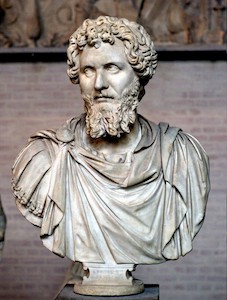During the 1st to 3rd centuries AD, the Romans extended olive tree cultivation to the most marginal areas in terms of agriculture, such as the center of Tunisia and the west of Libya. In these territories, in spite of the hardness of the olive tree, it was necessary to use extensive irrigation systems to make the crop viable.
The Roman’s dependence on olive oil was evident in the times of Emperor Lucius Septimius Severus, who agreed to «collect olive oil, as part of the taxes on the provinces» and then redistribute it to the Roman populus.
As the Roman Empire expanded, so did the demand for olive oil, with Constantinople becoming one of its largest importers. To satisfy this demand, olive tree cultivation in the Mediterranean basin was expanded.

